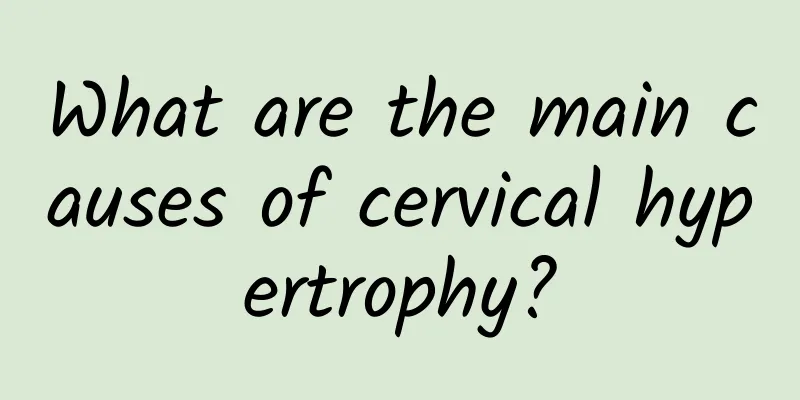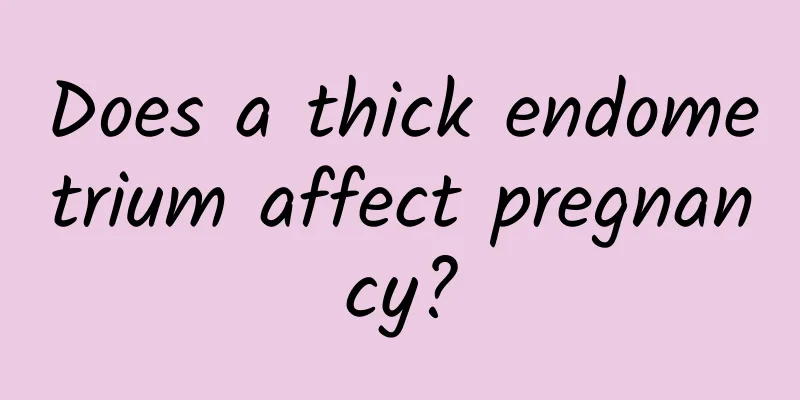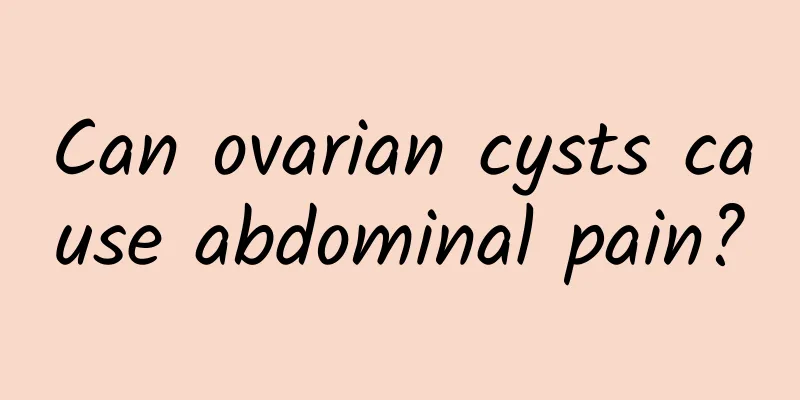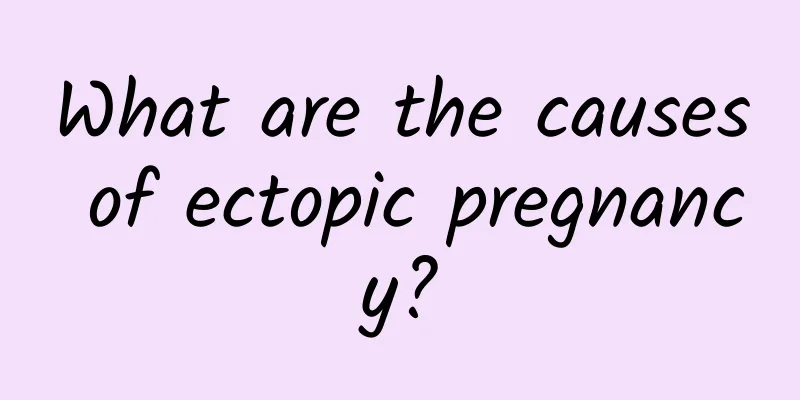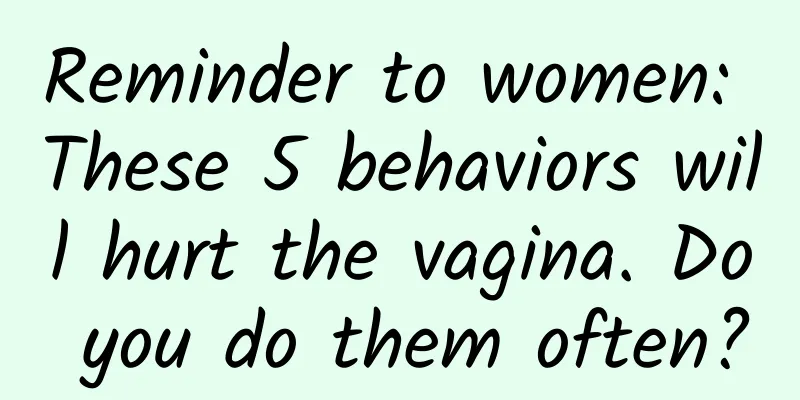How to deal with uterine fibroids in pregnant women How to deal with uterine fibroids in pregnant women
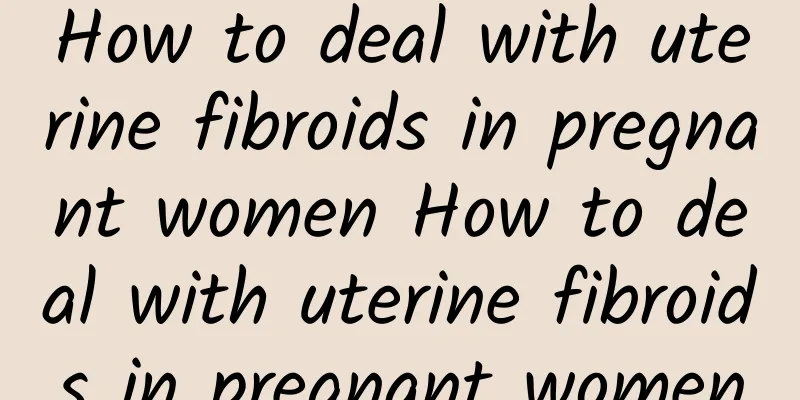
|
What should I do if I have uterine fibroids during pregnancy? The treatment of uterine fibroids in pregnant women should be determined based on factors such as the month of pregnancy, the size of the fibroids, and clinical manifestations. 1. Treatment of uterine fibroids in early pregnancy: Intervention of uterine fibroids in early pregnancy is likely to lead to miscarriage, so it can be done until the second trimester. If the fibroids are large, the chance of complications of continuing the pregnancy is estimated to be greater. If the patient requires an artificial abortion, the pregnancy can be terminated first, the fibroids can be removed in the short term, or an artificial abortion can be done at the same time. 2. Treatment of uterine fibroids in mid-pregnancy: ① For those with fibroids less than 6cm in diameter and no symptoms, most of them do not require special treatment after examination: Recommended reading: What should you pay attention to after suffering from uterine fibroids? ② The diameter of the fibroid is greater than 6 cm. As the fibroid grows, it may continue to increase. Large fibroids are prone to red samples stimulating uterine contractions or peritoneal irritation symptoms. At this time, obstetricians only recommend bed rest and use painkillers. Pregnant uterine myomectomy is rarely recommended. Myomectomy can only be performed when necessary. What snacks can pregnant women eat? 5 delicious foods 3. Treatment of uterine fibroids in late pregnancy: Small fibroids cannot be treated. If the diameter of the fibroid is larger than 8cm but there are no symptoms, you can wait until full-term cesarean section and perform uterine fibroid removal at the same time. Because large uterine fibroids may not only affect uterine contraction, abnormal production and delayed labor, but also the possibility of postpartum placental retention, postpartum hemorrhage and postpartum infection is greater than that of normal parturients. Therefore, cesarean section should be selected as the method of delivery, and cesarean section should be performed at the same time as myomectomy. |
<<: What should I do if I have uterine fibroids? How to treat uterine fibroids?
>>: What should I do if I have uterine fibroids? How should I treat uterine fibroids?
Recommend
Pelvic inflammatory disease care is very important in life
The treatment of pelvic inflammatory disease must...
How long can you live with chocolate cyst in late stage?
The ovary is the most common site of endometriosi...
What are the complications of ovarian cysts?
Ovarian cysts are asymptomatic in the early stage...
What is the earliest reaction to hydatidiform mole?
What is the earliest reaction to hydatidiform mol...
Can moxibustion treat vulvar pruritus?
Moxibustion can be used as an auxiliary method to...
Do you know the symptoms of irregular menstruation?
Do you know the symptoms of irregular menstruatio...
Does abnormal leucorrhea and irregular menstruation affect pregnancy?
Does abnormal leucorrhea and irregular menstruati...
What are the obvious clinical manifestations of vulvar leukoplakia?
What are the clinical manifestations of vulvar le...
Can I have a natural birth with bacterial vaginosis?
I believe everyone is familiar with bacterial vag...
What are the dangers of threatened abortion?
What are the harmful manifestations of threatened...
How to take good care of adnexitis in daily life
Among the gynecological inflammatory diseases, ad...
Will a stone woman have her period?
Bare women usually do not have menstruation. Bare...
Long-term low back pain is caused by pelvic inflammatory disease
Amy is 40 years old. In the past two years, she o...
Amenorrhea may stem from hunger hormones
Medical science has proven that adequate food int...
How to treat pelvic inflammatory disease
The treatment of pelvic inflammatory disease gene...
